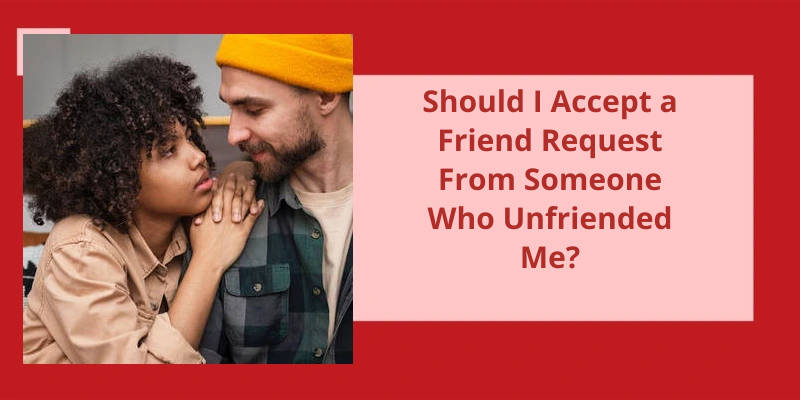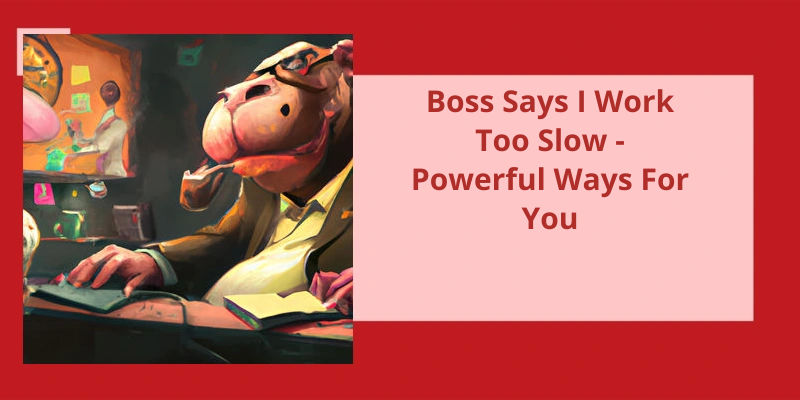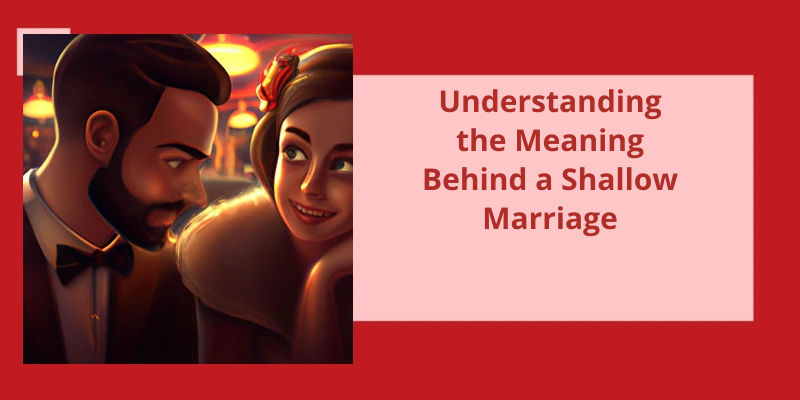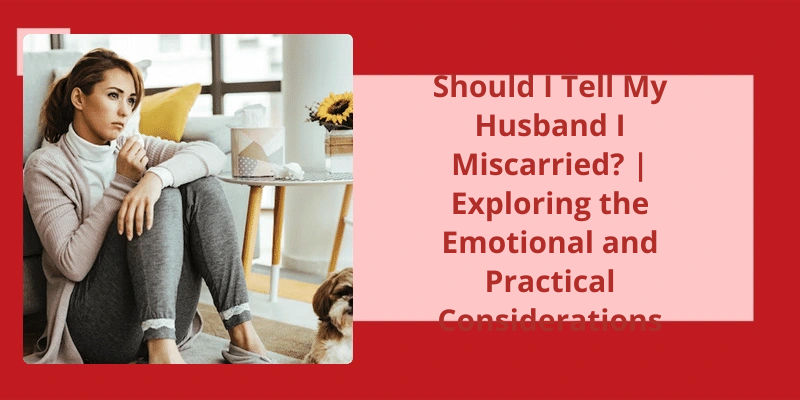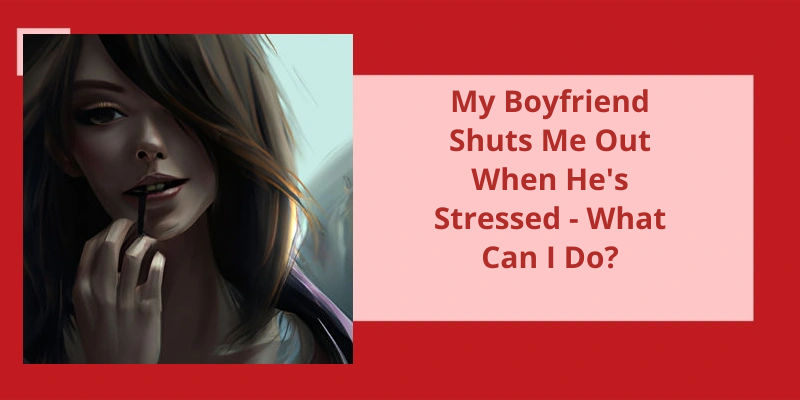Navigating the world of social media can sometimes be a complex and emotionally-charged experience. One question that often arises is whether or not to accept a friend request from someone who previously unfriended you. It can be tempting to dismiss such a request automatically, feeling a sense of hurt or pride, but it's essential to take a step back and consider the various factors at play. Perhaps the individual had valid reasons for unfriending you, and accepting their request could be an opportunity for growth and reconciliation. On the other hand, it's crucial to prioritize your emotional well-being and protect yourself from potential toxic relationships. Ultimately, the answer lies in a thoughtful examination of the circumstances surrounding the unfriending and a consideration of your own boundaries and values.
What to Do When a Friend Unfriended You on Facebook?
What to do when a friend unfriends you on Facebook? It can be a bewildering and hurtful experience. One natural instinct might be to retaliate or confront the person, but it’s important to step back and consider the situation. Before jumping to conclusions and assuming the worst, take a moment to reflect on your relationship with this person. Are the reasons for their actions clear to you? Have there been any recent conflicts or misunderstandings between you? Understanding the root cause of their decision may help guide your own response.
If you were unfriended, you may be wondering whether you should accept a friend request from this person if they decide to send one in the future. While the decision is ultimately up to you, it’s worth considering a few factors. First, evaluate the nature of your relationship and how much it means to you. If this person was a close friend or someone you truly value, it may be worth giving them a second chance. However, if the friendship was superficial or you don’t feel particularly connected, you might decide to let it go and move on.
It’s essential to establish open and honest communication to prevent any potential conflicts from resurfacing. Take the opportunity to address the issue that led to the unfriending and clarify any misunderstandings. While it may be tempting to sweep the problem under the rug, it’s better to confront it head-on and work towards resolving any lingering tensions.
Remember, people make mistakes, and they can change their minds. Perhaps the person who unfriended you did so on impulse and regrets their decision now. By sending them a fresh friend request, you provide them with an opportunity to reconsider their initial choice. However, keep in mind that it’s also crucial to protect yourself and your emotional well-being. If accepting their friend request may bring unnecessary drama or negativity into your life, it’s perfectly acceptable to decline it or even block them for your own peace of mind.
Coping With the Emotional Impact of Being Unfriended on Social Media.
Being unfriended on social media can have a significant emotional impact. It’s natural to feel hurt, rejected, or confused when someone decides to remove you from their friends list. However, it’s important to remember that people’s motives for unfriending can vary greatly.
While it may be tempting to accept a friend request from someone who unfriended you, it’s crucial to evaluate the reasons behind their decision. Consider whether they’ve shown genuine remorse or if they’re simply looking to boost their friend count. It’s essential to prioritize your emotional well-being and surround yourself with friends who value and support you.
Additionally, unfriending can be an opportunity for personal reflection and growth. Use this experience to reassess your own social media habits and the impact they may have on others. Take the time to nurture existing friendships and expand your network with people who bring positivity to your life.
Remember, it’s your online space, and you’ve the right to choose who you allow into it. Surround yourself with people who uplift and support you, both on and off social media.
However, if the person who unfriended you was a close friend or family member, it might be worth considering reaching out to address any potential misunderstandings or conflicts. Communication can be key in resolving issues and maintaining relationships, so evaluating the nature of your bond with this person will help guide your decision moving forward.
Should I Reach Out to Someone Who Unfriended Me?
Should I reach out to someone who unfriended me? Your next steps will depend on your relationship with the person who unfriended you. If you didnt know the person well or lost touch with them, it’s best to simply move on – there’s probably little to be gained from reaching out. If it was a result of a misunderstanding or a disagreement, it might be worth reaching out to clarify or apologize if necessary. However, if the unfriending was a deliberate act of cutting ties or if there was a toxic dynamic between you, it’s probably best to respect their decision and move on.
Reaching out to someone who unfriended you can be a daunting task, as it requires vulnerability and a willingness to potentially face rejection or further disappointment. Before taking any action, take some time to reflect on your own emotions and motivations. Are you reaching out because you genuinely miss the persons presence in your life, or are you seeking validation or closure? It’s important to be aware of your own intentions and expectations before deciding to reach out.
If you decide to reach out, approach the situation with empathy and openness. Express your intentions clearly and without any hidden agenda. Be prepared for different outcomes – they may be receptive and open to reconnecting, they may ignore your message, or they may respond negatively. Regardless of the response, it’s important to respect their boundaries and decisions. Remember that everyone has the right to choose who they want in their life, and forcing a reconnection may not be in anyones best interest.
In some cases, it may be healthier for your own well-being to simply let go and move on. Holding on to past friendships that have ended can prevent personal growth and hinder the formation of new connections. Instead of dwelling on the unfriending, focus on nurturing the relationships that bring positivity and joy into your life. Surround yourself with people who appreciate and value your presence, and invest your time and energy in building and maintaining those connections.
Ultimately, the decision of whether to accept a friend request from someone who unfriended you should be based on careful consideration of the specific circumstances and dynamics involved. Trust your instincts and prioritize your own well-being. Remember that true friendships are built on mutual respect, understanding, and a genuine desire for connection.
The Power Dynamics Involved in Friending and Unfriending on Social Media Platforms
- The social dynamics of friending and unfriending on social media platforms
- The impact of power dynamics on social media relationships
- The reasons why people friend or unfriend others on social media
- The role of popularity and self-esteem in social media interactions
- The potential consequences of friending or unfriending someone on social media
- The influence of social norms and expectations on friending and unfriending
- The power dynamics between different social media users and their impact on online relationships
- The role of social status and perceived social hierarchy in friending and unfriending
- The psychological and emotional implications of being friended or unfriended on social media
- The ways in which social media platforms may reinforce or challenge existing power structures
Instead, focus on cultivating positive relationships and spending time with people who value and appreciate your presence. Ultimately, the act of unfriending may say more about the other person than it does about you. Remember, true connections are built on mutual respect and understanding, and those who choose to unfriend may not be worth the emotional investment.
How Do You Feel When Someone Unfriends You?
It’s natural to feel a sense of loss or rejection when someone unfriends you, but dwelling on it excessively can be detrimental to your mental health. It can be challenging not to overthink their intentions or constantly check their profiles for updates, but it’s important to avoid falling into that trap. Instead, focus on nurturing the relationships you’ve and investing in those who value your friendship.
Sometimes, people unfriend others for various reasons that may have nothing to do with you personally. It could be due to a change in their priorities, a misunderstanding, or a need for space. Taking their decision as a personal attack can only lead to more heartache and negative emotions. It’s crucial to remember that we can’t control how others perceive or prioritize relationships.
In some cases, accepting a friend request from someone who previously unfriended you can feel like an opportunity to reconnect and rebuild the relationship. However, it’s essential to consider whether their actions align with your values and whether the friendship has a genuine foundation. If the unfriending happened due to toxic behavior or consistent disrespect, it might be wise to evaluate whether reestablishing the connection is in your best interest.
Are you seeking validation or acceptance? Are you willing to give them another chance? Remember that your mental health should be a priority, and if accepting their request could potentially cause more harm than good, it might be wiser to decline.
It’s essential to put your well-being first and surround yourself with people who uplift and support you. Sometimes, it’s better to leave the past in the past and focus on building new, healthier connections that align with your values and aspirations.
Understanding the Reasons Behind Someone Unfriending You
Understanding the reasons behind someone unfriending you can be complex and varied. There could be multiple possible explanations for their decision, ranging from personal differences and conflicts to changes in their social media preferences or priorities.
It’s important to keep in mind that everyone’s online behavior and motivations can differ. Some people may unfriend others due to misunderstandings, disagreements, or a desire for privacy. Others might unfriend to declutter their social media feeds or manage their online connections more selectively.
While it can be tempting to take it personally or dwell on the unfriending, especially if you were previously friends, it’s often healthier to move forward and focus on positive relationships. Holding onto negativity or obsessing over the reasons for the unfriending may only lead to more stress and emotional distress.
In some cases, reaching out and talking calmly with the person who unfriended you might help to gain better understanding and clarity. However, it’s also essential to respect their decision and boundaries if they choose not to engage or provide an explanation.
Ultimately, the choice of accepting a friend request from someone who previously unfriended you depends on your own feelings and circumstances. It’s important to consider your own well-being, intentions, and the history of your relationship with that person before making a decision.
Understanding the emotional effects of unfriending someone on social media can shed light on whether it’s considered passive aggressive behavior. According to Science Daily, several factors contribute to the level of unhappiness experienced by the unfriended friend. One crucial determinant is the strength of the previously shared bond, as the person is likely to feel upset and annoyed by the perceived act of passive aggression.
Is Unfriending Someone Passive Aggressive?
Is Unfriending someone passive aggressive? This question elicits various responses, as people have different interpretations of social media dynamics. As explained by Science Daily, there are several factors that determine the level of unhappiness experienced by the unfriended individual. Particularly, if you’d once shared a close bond with this person, it’s likely that she’ll feel upset and even annoyed by your seemingly passive aggressive action.
Unfriending someone indicates a distancing or disapproval, as you’re intentionally removing them from your social media circle. Whether this decision is fueled by personal disagreements, fading friendships, or a desire to establish boundaries, it undoubtedly carries an element of passive aggression. By unfriending, you’re making a deliberate choice to cut off communication and exclude that person from your virtual life. This message is indirect, but it sends a clear signal of rejection and can lead to hurt feelings and misunderstandings.
By distancing oneself from someone who’s previously unfriended them, individuals may seek to regain a sense of power and self-worth. However, it’s important to consider the potential long-term effects of such actions on both parties involved.
Ultimately, whether or not to accept a friend request from someone who unfriended you depends on various factors, such as the history of your relationship, the reasons behind the unfriending, and your own personal boundaries. It’s crucial to reflect on your own feelings and the potential consequences before making a decision. While accepting the friend request may provide an opportunity for reconciliation, it’s equally important to consider the potential for further pain or discomfort. Communication and understanding should be prioritized in resolving conflicts rather than relying on passive aggressive tactics such as unfriending.
The Psychological Effects of Unfriending Someone on Social Media
Unfriending someone on social media can have various psychological effects. It may evoke feelings of rejection, sadness, and even betrayal, as being unfriended can be perceived as a personal attack or a sign of diminished friendship.
Additionally, the act of unfriending can lead to a loss of social support and connectedness, as online friendships play a significant role in our overall social well-being. It can cause individuals to question their self-worth, popularity, or likeability.
However, accepting a friend request from someone who previously unfriended you can also have consequences. It may reignite past conflicts or disagreements, creating a tense or uncomfortable digital relationship. It can also perpetuate a cycle of on-again, off-again friendships, causing stress and uncertainty.
The decision to accept or decline a friend request from someone who unfriended you ultimately depends on your personal comfort and the nature of your relationship. It’s essential to consider your emotional well-being and the potential impact on your mental health before making a decision.
Now, while it may not be possible to receive a notification or explicit message when someone unfriends you on Facebook, there are a few indirect ways to decipher if someone has indeed removed you from their friends list. By following a simple method, you can determine whether you can still see the “Friends” label on their profile, or if it’s been replaced by an “Add Friend” button – a clear hint that they may no longer be connected with you on the social media platform.
Can You Tell if Someone Unfriended You on Facebook?
Determining if someone has unfriended you on Facebook can be a somewhat tricky task. However, there are a few steps you can take to investigate whether you’ve been removed from their friends list. The first thing you can do is navigate to the Facebook profile of the person in question. Once youre on their profile, keep an eye out for the presence or absence of the Friends label. If you still see the Friends label, it suggests that you’re still part of this persons Friends list.
On the other hand, if you notice an Add Friend button instead of the Friends label, it could indicate that this person has indeed unfriended you on Facebook. However, it’s crucial to consider that there can be other reasons for the Add Friend button to appear; for instance, they might have changed their privacy settings, or you may have been blocked. So, it’s essential not to jump to conclusions solely based on this observation.
To gather more information, you can also check if you can access the persons posts, such as their updates, photos, or comments. If you’re unable to view their content or interact with it, it may imply that youve been unfriended. Another way to determine this is by looking for any past interactions or conversations you’d with the person. If these interactions are no longer visible or accessible, it could indicate that you’ve been removed from their friends list.
It’s important to approach the situation with a level-headed mindset and not overanalyze every change in someones Facebook profile. Sometimes people may unfriend others for various reasons that may not directly involve personal matters. It’s essential to respect their decision and not take it as a reflection of your worth or value as a person. Remember, social media connections are just a part of our virtual lives, and it’s important to prioritize real-life relationships and interactions above those on social media platforms.
The Difference Between Unfriending and Unfollowing Someone on Facebook and When Each Action Is Appropriate
- Unfriending someone on Facebook means permanently removing them from your friends list. This action severs the connection between you and that person on the platform.
- Unfriending is typically appropriate when you no longer wish to have any association or connection with someone on Facebook. It can be due to various reasons such as a falling out, excessive negativity, or simply wanting to declutter your friends list.
- Unfollowing someone on Facebook means you’ll no longer see their posts and updates in your news feed. However, you’ll still remain friends with that person and can access their profile.
- Unfollowing is a milder action compared to unfriending and is usually suitable when you want to maintain a social connection with someone but don’t wish to see their content regularly. It can be helpful in cases where you find their posts uninteresting, overwhelming, or when you need a break from their updates without severing the friendship entirely.
Conclusion
It requires careful consideration of the past relationship, the reasons for the unfriending, and your own emotional well-being. While it can be tempting to reconnect and give someone a second chance, it’s equally important to prioritize your own boundaries and mental health. Taking the time to reflect on the situation, communicate openly if necessary, and trust your instincts will ultimately guide you towards the decision that best aligns with your values and personal growth. Remember, your online social connections should enhance your life, not bring unnecessary stress or discomfort.

